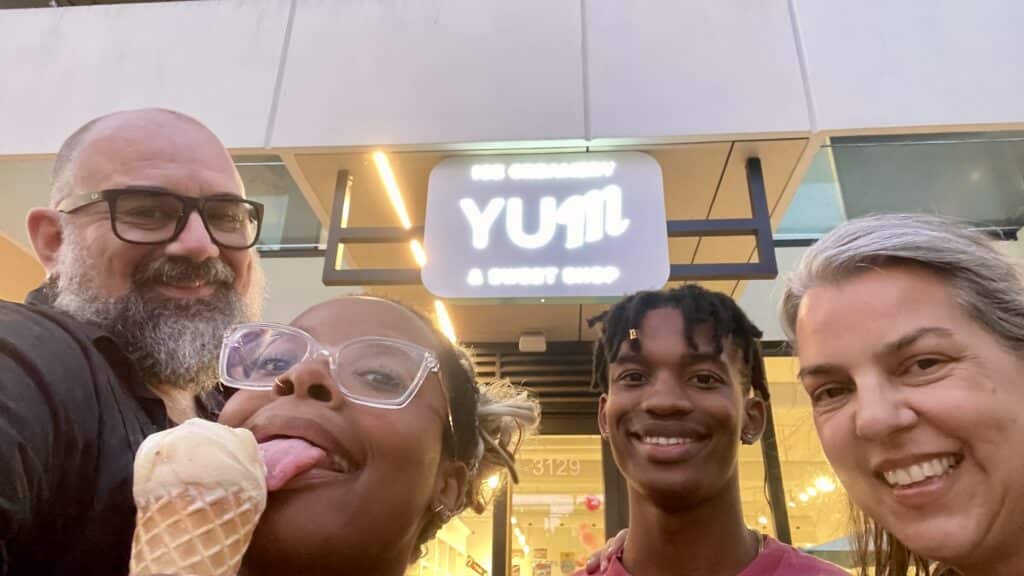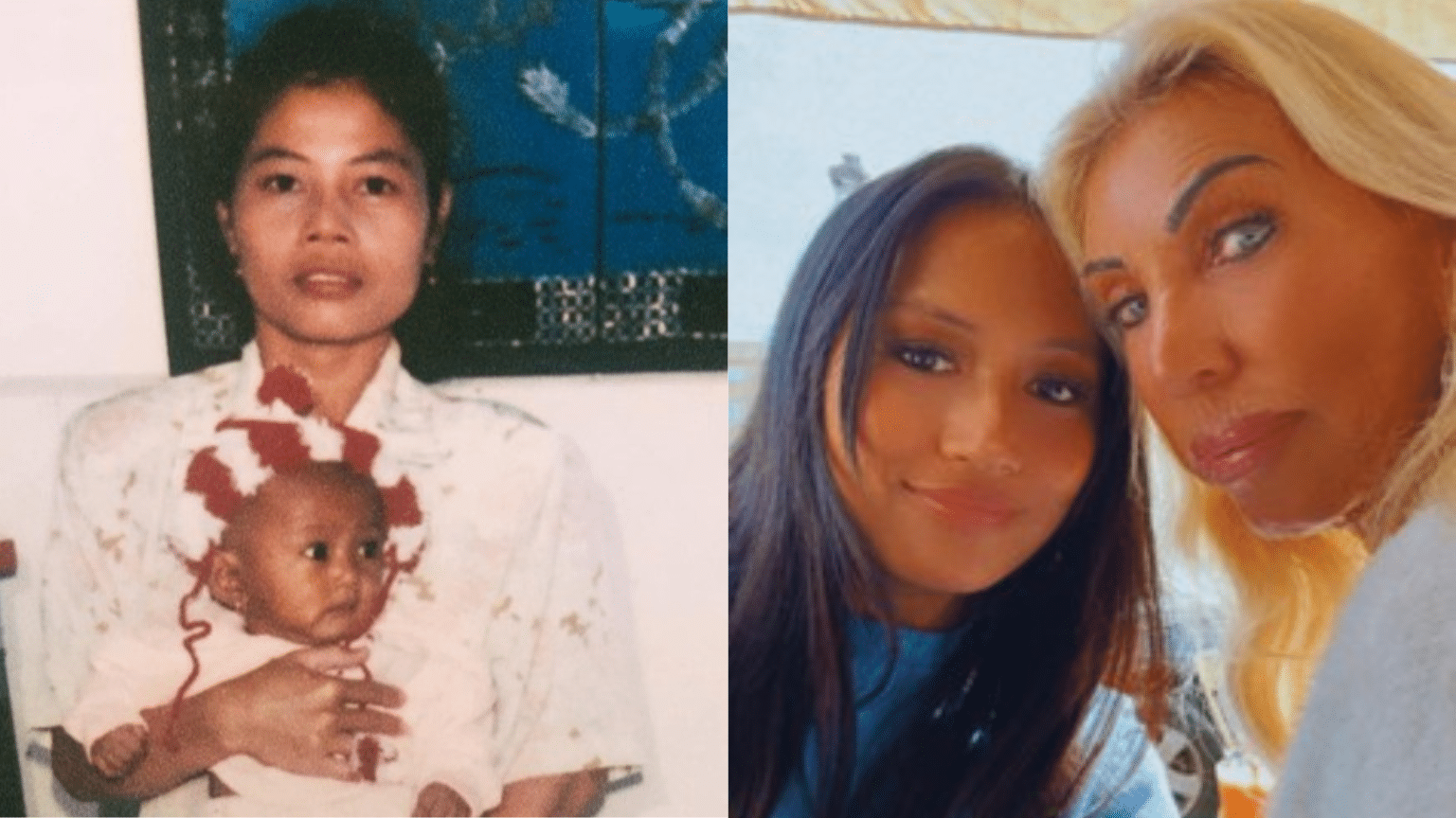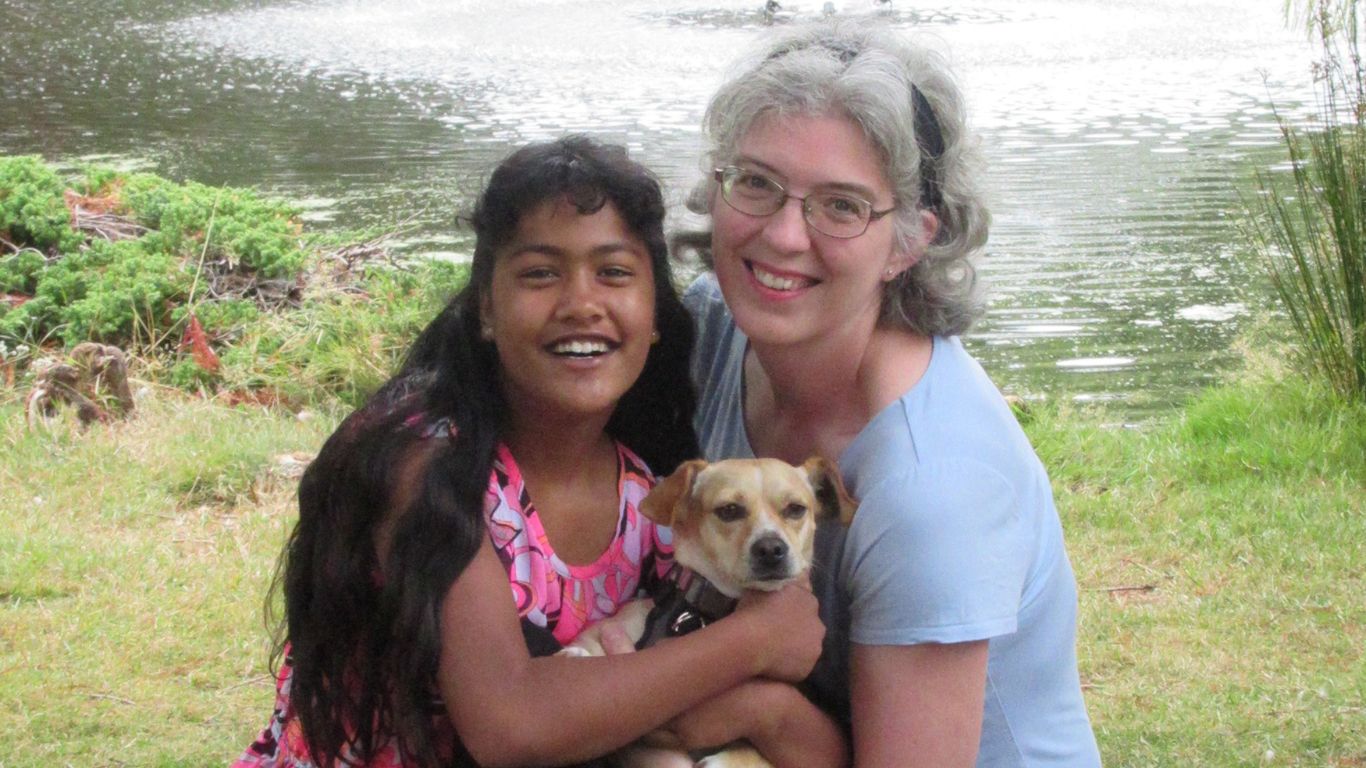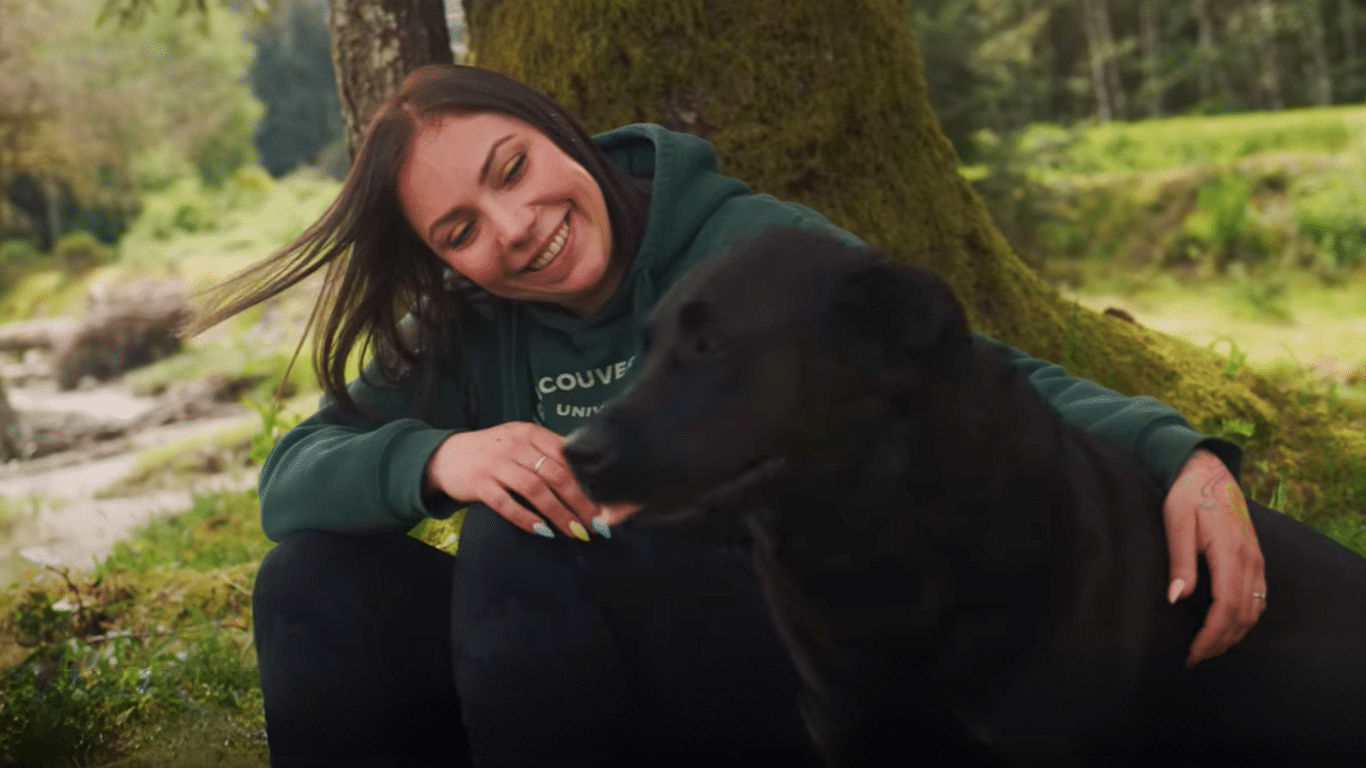“Are we scaring you?” the facilitator asked me in a very concerned voice.
“Not at all,” I lied.
My husband and I had recently brought home a sibling group of two, both of whom had been prentally exposed to alcohol and drugs. Despite all the reading and education we had done in advance, nothing prepared me for the reality of an FASD support group meeting.
Many of the parents were over 50 and most had adopted their kids when very little was known about FASD; some were parenting grandchildren who had been diagnosed with FASD.
A typical support group begins with introductions. The ones I heard that evening, terrified me:
Hi, I’m Dave and my wife and I are parenting a 17year-old girl with FASD who is also the owner of eight different cellphones—all maxed out on their credit limits.”
“Hi, I’m Lorna and I’m insane. My 20-year-old with FASD is now pregnant, but she’s not sure who the father is. We suspect it’s the homeless guy who has been hanging around the back alley. My 16-year-old with FASD has been fired from his dishwashing job at a local restaurant for not showing up on time, or sometimes not at all. Oh, and they often caught him dumpster diving during his breaks.”
“Hi, I’m Pat. Our adult son is pressuring us to “temporarily” look after his two-year-old twins (again) while he and the kids’ mother try and get into rehab (for the third time). I can’t keep doing this. My heart is breaking for my grandkids, but my husband keeps saying we’re too old to take them on.”
Fortunately, it’s not all bad news.
“Hi, I’m Richard, and I don’t know what I would have done without all of you. Thanks to your support and encourage-ment, I’ve helped my son finally graduate from high school! He never was, and never will be, an honor roll student, but he is a success.” (Big cheers and clapping from the others.)
I am in complete awe of these parents and how they support each other. It’s the kind of support that can only come from someone who has “been there.”
These parents have survived more crises, more emotional upheavals, and more phone calls from the school and the RCMP than anyone should ever have to endure. Yet, through it all, they come here every month to share their problems and support.
While others in our communities and families can be quick to make judgments and criticize our parenting and our kids, these parents are accepting. There is no need to explain to them, and they understand the emotions involved.
I know I will be a better parent with friends such as these.





